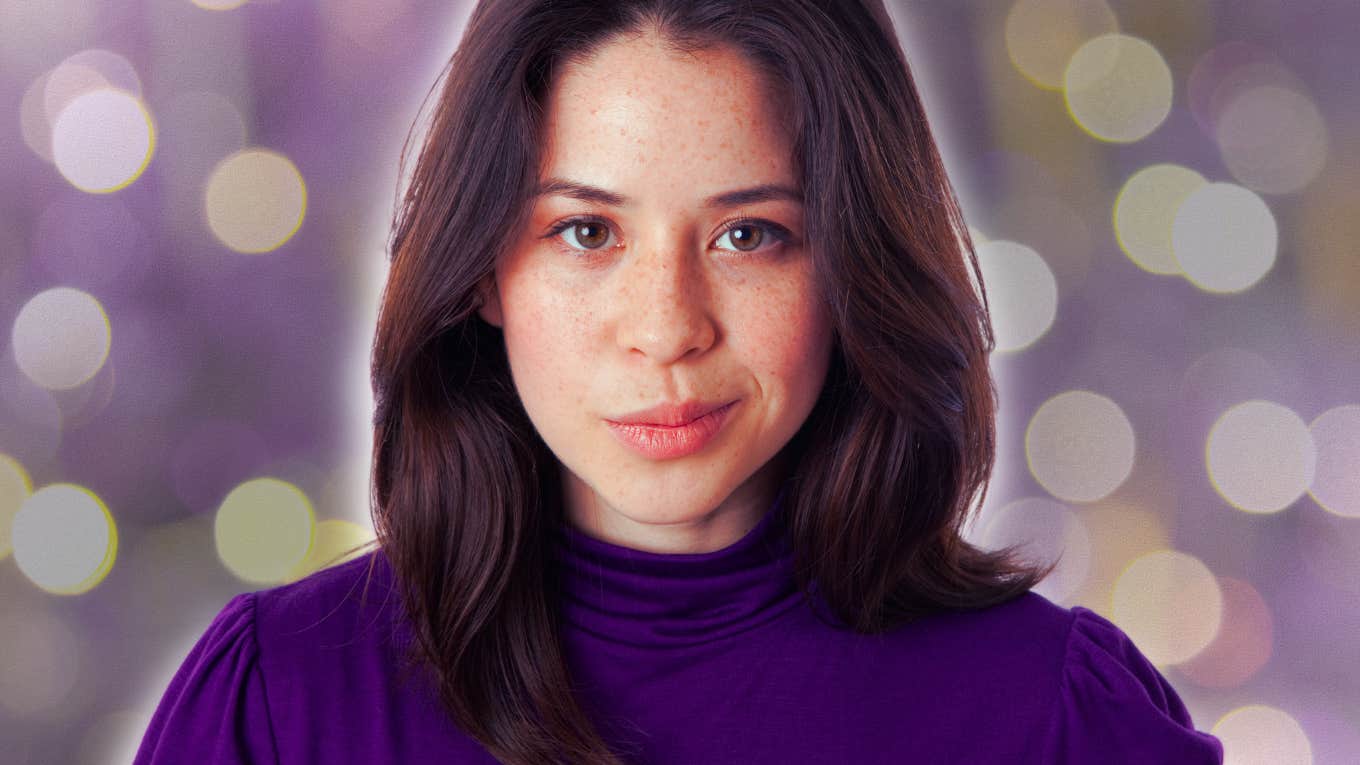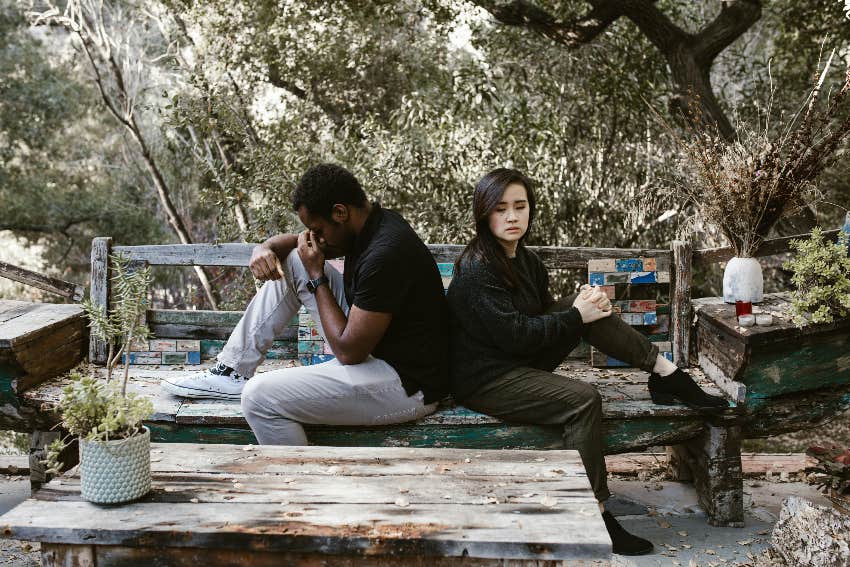How To Get Him Back (According To A Wife Who Remarried Her Ex)
It's never too late for a second chance.
 Codrut Tomescu's, rococofoto | Canva
Codrut Tomescu's, rococofoto | Canva Patching up a lost relationship is very common, and contrary to opinion a lot of "second time around" relationships work out smashingly.
One of my favorite love stories is that of my mother's friend, Bonnie. Bonnie reunited with her high school boyfriend and first husband, Will, when her second marriage fell apart.
She ended up remarrying Will and staying happily married to him until the day he died 28 years later.
It's not unheard of for divorced couples to remarry. Divorce and marriage statistics show us that around 10% of divorced couples end up getting back together.
They had a beautiful second marriage filled with laughter, kindness, communication, and respect. They acted like lovebirds and soul mates, and I remember how shocked I was when my mother told me that they had once been divorced.
I often wonder what had made the difference. What had happened in those 19 years apart that made things work the second time around?
How to get him back, according to a wife who remarried her ex:
1. Don't be afraid of life without him
Bonnie was terrified when her first marriage started to fail. As the problems grew worse, naturally, her fear of losing him did, too. This fear caused her to cling fiercely to him; she became needy and agitated by the stress brought on by possible abandonment.
This made her try to pull him close one minute and then reject him the next. This push/pull drove him away further and he left her.
When they reunited, Bonnie was no longer afraid of what life would look and feel like without Will; she had already survived losing him once. Knowing this, Bonnie was able to stay calm and communicative in moments when their second marriage was strained.
The "need to cling" and the sheer panic of abandonment were a lot less, and this helped draw him back quickly during the rough patches where he seemed to emotionally drift.
You must find peace in the idea that you too may not get this man back. This surrender will help you stay grounded regardless of how painful this breakup feels.
It will make you feel more confident and at peace when you speak with him, and this will magnetize him.
When he feels like there's room to return and feel things out without the enormous pressure of not crushing your heart, he will most likely return. He may want to try it again, but he certainly doesn't want to destroy you and cause you more pain.
If he feels a desperate, panicky neediness from you, he'll stay back because he doesn't want to crack an already fragile egg.
2. Don't force things
During their first marriage, Bonnie and Will were very young and full of ambition. Like most go-getters, they wanted to succeed at everything they did. Not only did they both want a grand professional career; they wanted the perfect marriage and family.
Both Bonnie and Will worked hard at the marriage. She worked hard by being the perfect Suzy Homemaker and "nice wife." He worked hard by being Mr. Provider and trying to please her every chance he got.
Bonnie claims that she lost herself in trying to be what she thought he wanted; she became disconnected from who she actually was and how she felt inside.
 Pexels / RDNE Stock project
Pexels / RDNE Stock project
When he tried to please her, she couldn't get in touch with her feelings enough to know what it was she needed from him, and she didn't trust herself and the marriage enough to be honest about her needs, and vulnerable to receiving his acts of love.
Will got more and more resentful of her inability to receive, and instead of backing off and allowing her space to come to him with her needs, he slaved to give her things she didn't want or need. As a result, the resentment grew and his self-esteem plummeted.
The second time around, they were both 45 years old. They were more confident and were also just too tired to work so hard at love. As a result, they were able to connect on a more natural level.
Bonnie was able to be herself, not hiding behind a mask of "wife extraordinaire," and Will was able to be more patient and take rejection less personally.
You mustn't force things now. Don't try to be perfect to "hook" him or focus on manipulating him into loving you.
Don't try to force the relationship to happen, and don't be like Will and wrap yourself up in resentments and a need to define your self-worth through his appreciation for you.
"Sit on your hands" and let the relationship reunite at its own pace. Doing what feels like it carries the least resistance is how to get him back.
If he calls, you call him back. If he asks you out, don't resist the invitation or try to control the plans.
If it feels affordable and makes you happy, get your hair done for him. Be leisurely about things, go with the grain, and take the time to listen to your feelings.
Don't rush to fix the problems, but be still and listen to what the problems have to tell you about your emotional needs and those of the relationship.
Bonnie and Will reunited because they both learned to let go — of insecurities, fears, "what ifs" and desires that didn't serve them.
When you can stop trying to be the person you want to be, have the guy you want to have, and be received by others the way you want to be received, you make room to be you, have the relationship that works for you, and not place weight on how others see you.
Kristina Marchant is a writer and author with a BA in psychology from Barnard College at Columbia University. She is also a relationship coach who advises women on men and healthy relationship skills.

